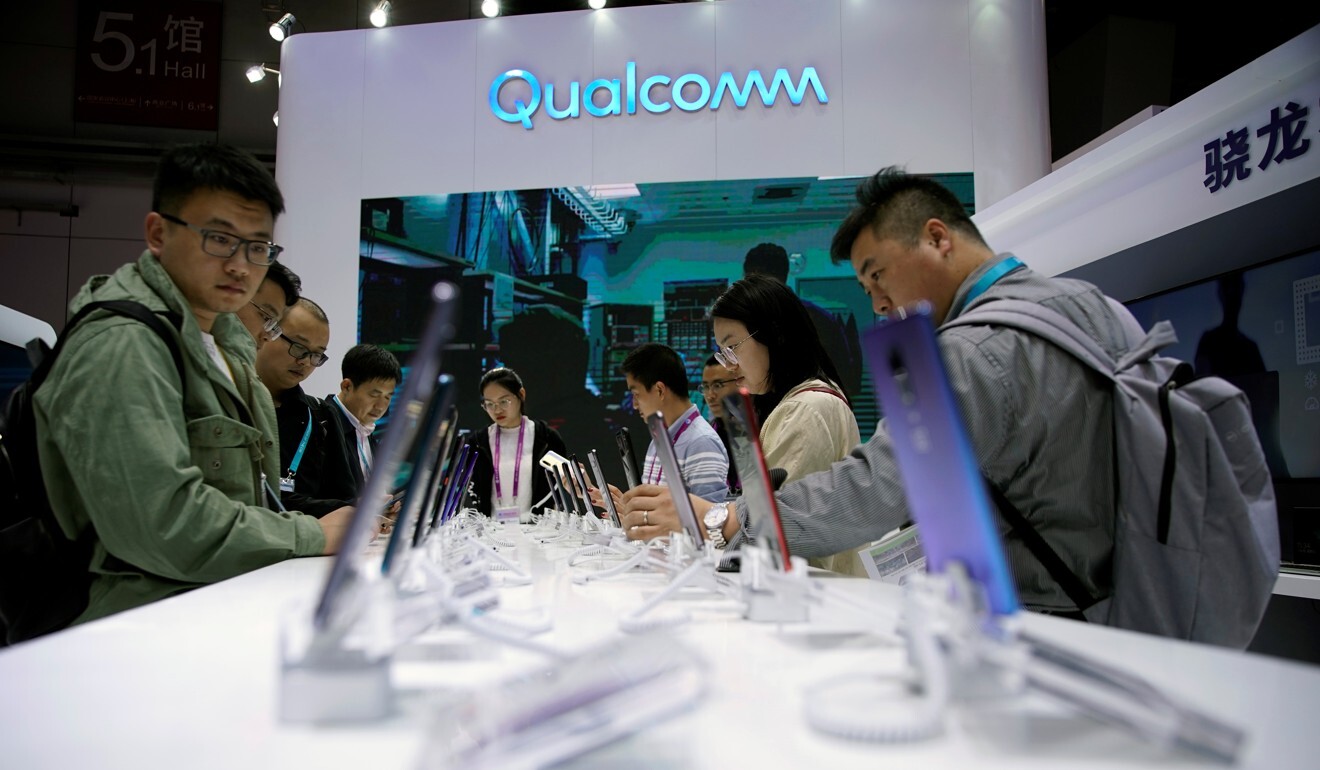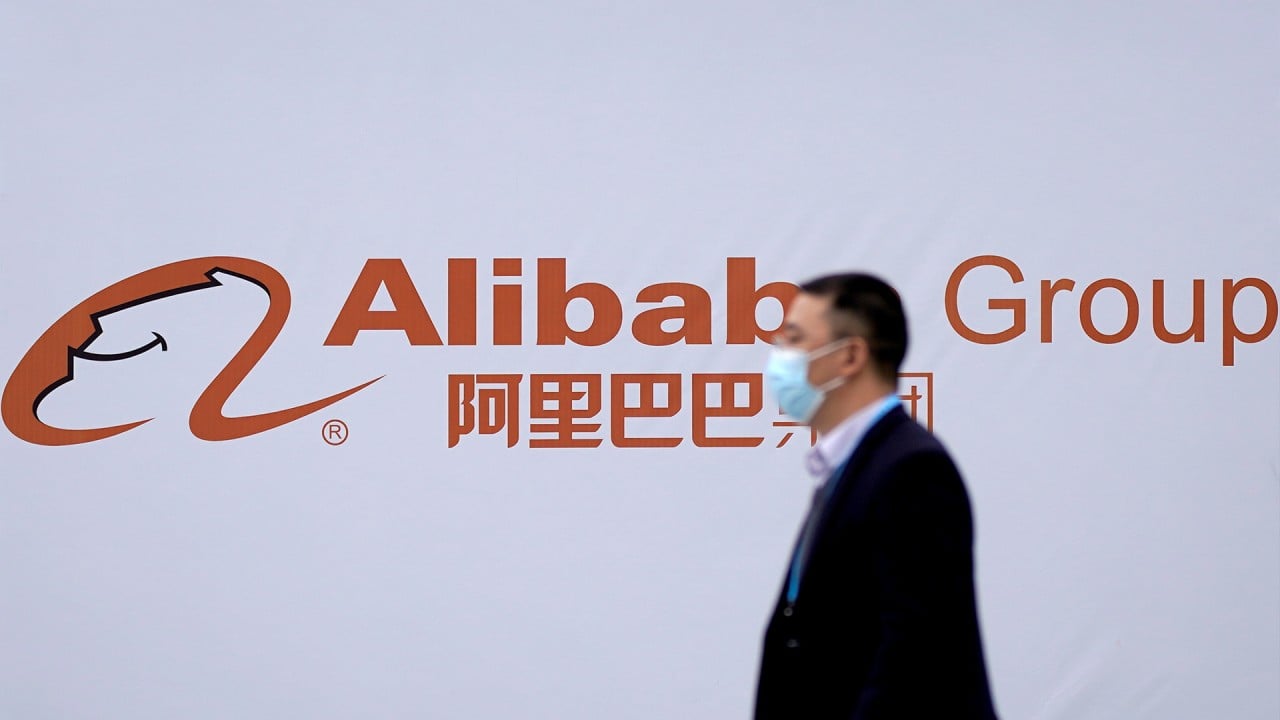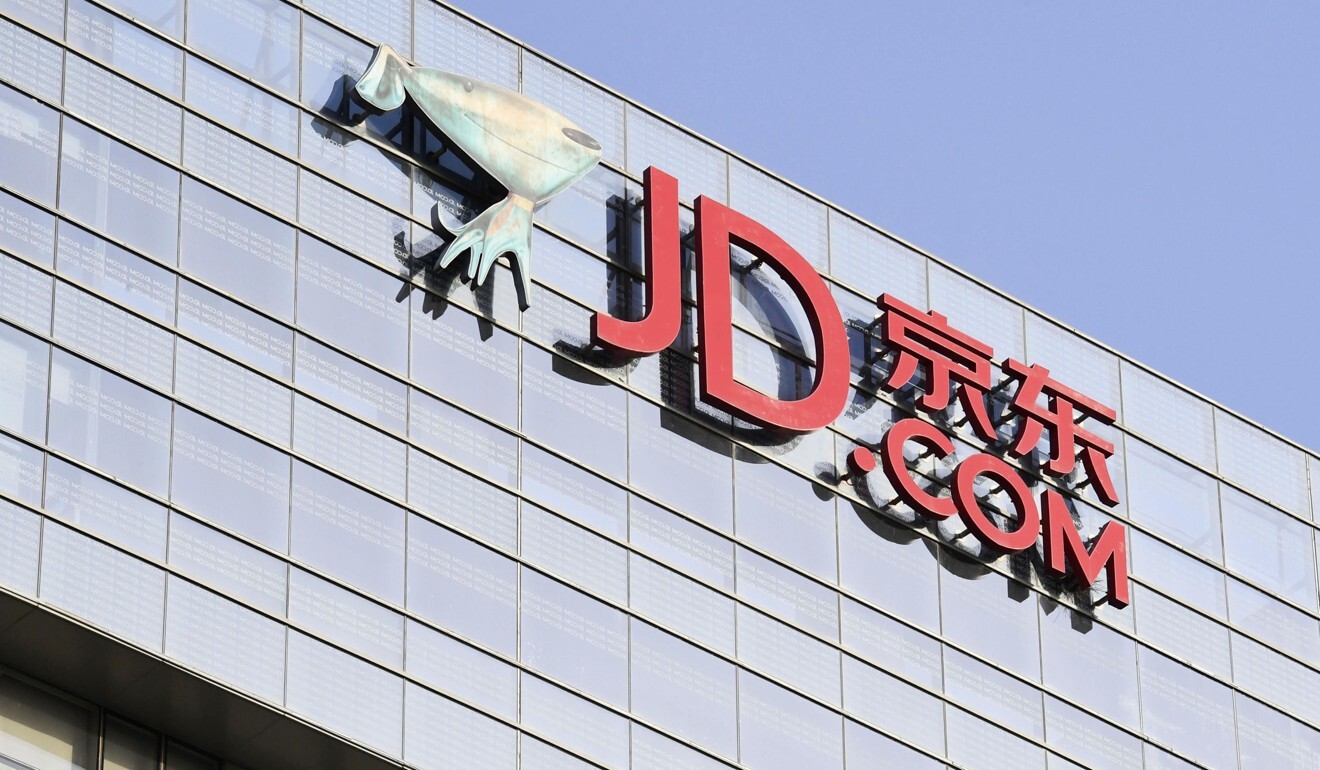
Alibaba antitrust probe presents new challenges for China’s regulators 12 years after implementation of anti-monopoly law
- Beijing has been cautious when it comes to regulatory probes but few of the previous cases rival Alibaba’s in terms of business complexity and market size
- Regulatory probes into abuse of market position usually ended in fines being imposed, according to the Post’s review of past cases
With all eyes on the antitrust investigation into Chinese e-commerce giant Alibaba Group Holding, Beijing’s record to date in tackling alleged monopolistic behaviour by big business may not shed any light on how the case may end.
A review of more than 100 Chinese antitrust cases in the 12 years since China’s anti-monopoly law came into effect found that most targeted the pharmaceutical industry and municipal water utilities, according to research by the South China Morning Post.
Beijing has always been cautious when it comes to initiating regulatory probes into the country’s internet platforms, and of the few previous cases in the tech sector, none rival Alibaba’s in terms of business complexity and market size. (Alibaba is the parent company of the Post.)
The State Administration of Market Regulation (SAMR) announced the probe in a one-line statement issued on Christmas Eve. It said the investigation would look into Alibaba’s alleged monopolistic business practices, such as “picking one from the two”, which forces online merchants to choose only one platform as their exclusive distribution channel.

The announcement, which triggered a sharp fall in Alibaba’s stock price in Hong Kong and New York, was emblematic of Beijing’s changing attitude towards Big Tech. Analysts and lawyers told the Post that the investigation will not be the last of its kind and that the lessons learned will very likely be applied by Chinese regulators to other internet platforms.
“This case implies that the government is no longer satisfied with the state of competition in the entire market and the trend [of tightening up antitrust regulation] will definitely affect other internet giants.” said Xie Yongjiang, executive director of the internet management and legislation research centre of Beijing University of Posts and Telecommunication.
Chinese state media, including the People’s Daily, have argued that the Alibaba antitrust probe is a necessary step to ensure “healthier development” of the internet platform economy.
Beijing’s relatively hands-off approach to regulation of the country’s internet players, along with its firewall to prevent foreign competition, has contributed to the rapid growth of China’s internet giants, which in turn has boosted China’s economic growth and technology advancement. In Alibaba’s case, the company is more than 166 times bigger today in terms of revenue than it was when the antitrust law was passed in 2008.
The Alibaba probe is seen as Beijing’s experiment to rein in the unchecked growth of the country’s tech behemoths, after similar calls for limits on the power of internet giants like Google and Facebook in the US and Europe.
Meituan faces customer lawsuit for alleged abuse of market power
The antitrust action has also turned the spotlight on the SAMR, which was only established two years ago as part of a broad government restructuring. The agency combines functions previously managed by three different ministerial bodies – anti-monopoly regulation under the National Development and Reform Commission, merger and acquisition (M&A) reviews by the Ministry of Commerce, and investigation of price irregularities under the State Administration of Industry and Commerce.
The antitrust bureau, one of 29 internal SAMR departments, handled four cases related to “abuse of market position” last year, according to published records. Three of those resulted in fines given to pharmaceutical companies in Shandong in April – with Shandong Kanghui Medicine getting the highest penalty of 252 million yuan (US$39 million) – while the other case involved a fine slapped on a Nanjing water utility company in December.
However, most antitrust cases are handled by the local branches that are managed by SAMR. For example, in 2020 the regulator in Zhejiang province, where Alibaba is based, fined three companies – including a medicine sales company, a funeral parlour and a second-hand car dealer – for abusing market position and monopolistic behaviour, with the highest fine being 2.7 million yuan.
Under China’s Anti-Monopoly Law there are three main categories: monopoly agreements reached between business operators; abuse of dominant market position by businesses; and concentration of business players that may have the effect of eliminating or restricting competition, mainly brought about by M&A deals.

01:26
China kicks off antitrust probes into Alibaba over alleged monopolistic practices
Alibaba’s case is most likely to fall under the second category of abusing dominant market position, according to interviews with lawyers and legal academics. The antitrust law stipulates that violators are subject to a fine ranging from 1 per cent to 10 per cent of annual turnover, which in Alibaba’s case could mean anything from 5 billion to 50 billion yuan based on its 2019 turnover of about 500 billion yuan.
The SAMR will find it hard to establish as fact that Alibaba has a dominant market position in e-commerce as there are other major players including JD.com and Pinduoduo, according to experts, who said it may be even harder to find evidence that the company “abused” such a position.
Xie from the Beijing University of Posts and Telecommunication said it would be a challenge to use traditional parameters, including market share and raw material control – the latter only applied in cases involving manufacture of goods – to measure whether a platform such as Alibaba has a dominant market position.
He added that the charge of “forced exclusivity” – where Alibaba allegedly blocks or reduces traffic to merchants who open stores on other e-commerce platforms – would not be included in written agreements and will therefore be hard to prove.
What is the controversial tactic that triggered Alibaba antitrust probe?
According to the published cases reviewed by the Post, there were several instances where the regulator ended its antitrust investigation after the target agreed to change their alleged monopolistic behaviour. In the latest such case, SAMR announced in March last year that it had ended an antitrust probe into Lenovo after the Chinese computing giant agreed to make changes to its market behaviour.
However, most antitrust cases in China result in fines being levied. The average fine for abusing dominant market position in 33 cases handled by SAMR and its local branches over the last 12 years was about 1.8 million yuan, according to calculations by the Post.
At the same time, regulators have not gone as far as imposing structural remedies in antitrust cases, such as breaking up a firm. This indicates that the possibility of Alibaba being broken up is very low, Xie said.
“Breaking up China’s big tech giants will put them in an unfavourable [competitive] position,” he said.

The biggest penalty imposed to date in an antitrust case in China was against a foreign-owned company. In 2015, US telecoms chip supplier Qualcomm paid about US$1 billion to end a 14-month-long government probe into anti competitive conduct in China.
Angela Zhang, director of the Centre for Chinese Law at the University of Hong Kong, said regulators’ preferred form of punishment was a hefty fine. “High fines put the antitrust agencies in the media spotlight, increasing their profile and visibility as well as helping them achieve greater political merit,” said Zhang, who wrote the book Chinese Antitrust Exceptionalism.
“Alibaba is the first and major case featured in this campaign. Other platforms could also be affected,” she added. The practice of asking merchants to “pick one from the two” is common among Chinese e-commerce platforms but Alibaba is the first to face an administrative investigation for the conduct.
Pinduoduo founder is now China’s second-richest person
SAMR declined to provide an update on the Alibaba investigation or its plans to probe other platforms. After the announcement was made, Alibaba said it would cooperate with the investigation.
Separately, the Zhejiang market regulator said in a statement earlier that Beijing’s antitrust regulators had conducted interviews and collected evidence during a field visit to Alibaba headquarters in Hangzhou on December 24.


